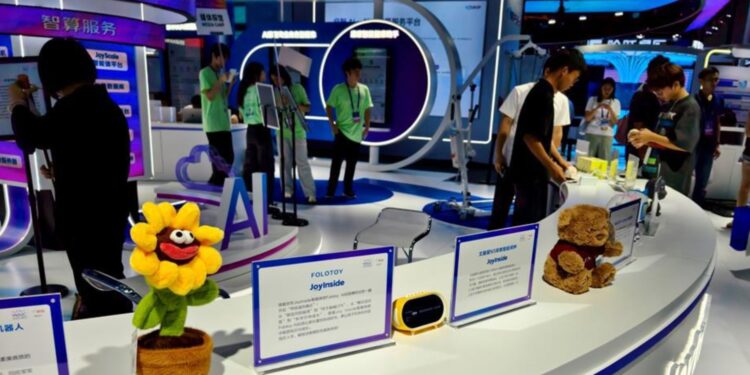Artificial intelligence (AI) is stepping beyond task management and entertainment in Indian homes, with a surge in “emotional” applications designed to understand and respond to human feelings. From smart home systems that adapt lighting based on detected stress levels to companion robots that offer personalized comfort, a new wave of AI is aiming to integrate more deeply into the emotional fabric of family life.
Several Indian tech startups and global giants are investing heavily in this burgeoning field. These applications utilize advanced machine learning algorithms to analyze vocal tones, facial expressions captured by smart cameras, and even physiological data from wearable devices to infer emotional states.
One prominent example is “Sukoon,” a smart home system developed by a Bangalore-based company. Sukoon learns the emotional patterns of its inhabitants and adjusts the home environment accordingly. If it detects signs of stress, it might dim the lights, play calming music, or even suggest a guided meditation through integrated smart speakers. Conversely, if it senses excitement, it could adjust the lighting to be more vibrant and queue up upbeat music.
“We believe technology should enhance well-being, not just convenience,” says Priya Sharma, CEO of the company behind Sukoon. “Our goal is to create homes that are truly emotionally intelligent, anticipating and responding to the needs of each family member.”
Beyond whole-home systems, personalized AI companions are also gaining traction. These range from sophisticated virtual assistants capable of engaging in empathetic conversations to physical robots designed to provide companionship, particularly for the elderly or those living alone. “Mitra,” a social robot developed in India, can recognize faces, remember preferences, and engage in simple conversations, offering a sense of connection and reducing feelings of isolation.
However, the rise of emotional AI in the home is not without its concerns. Privacy advocates raise questions about the ethical implications of constantly monitoring and analyzing personal emotional data. There are also debates around the potential for over-reliance on AI for emotional support, which some fear could hinder the development of genuine human connection.
Despite these concerns, the trend towards emotionally intelligent AI in Indian homes appears set to continue. As the technology matures and becomes more sophisticated, these applications have the potential to transform the way families interact with their living spaces and with each other, offering new avenues for comfort, support, and emotional well-being. The coming years will likely see further innovation in this space, shaping the future of the connected and emotionally aware Indian home.










![Online Scam Cases Continue to Rise Despite Crackdowns on Foreign Fraud Networks [Myanmar] Online Scam Cases Continue to Rise Despite Crackdowns on Foreign Fraud Networks [Myanmar]](https://sumtrix.com/wp-content/uploads/2025/06/30-12-120x86.jpg)




